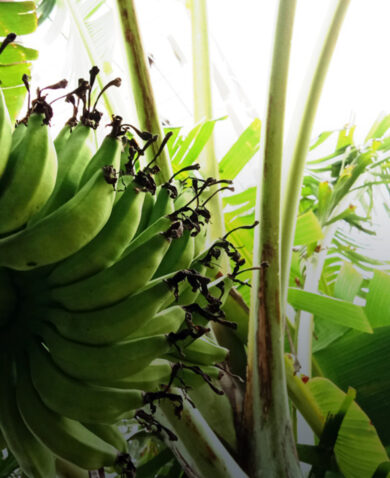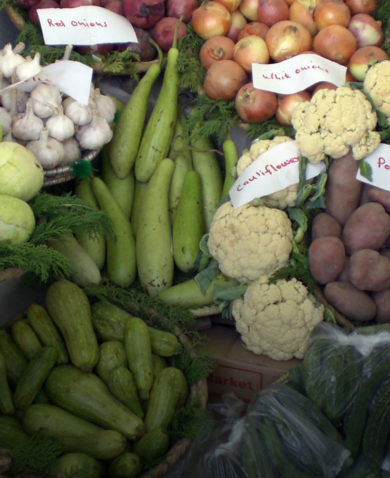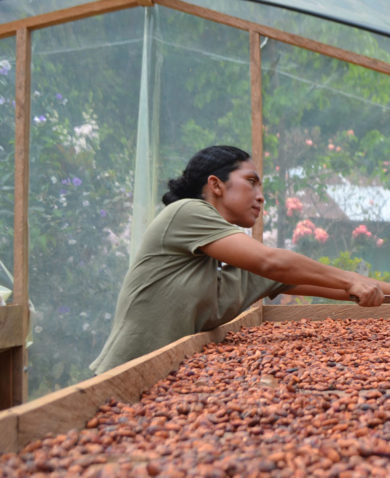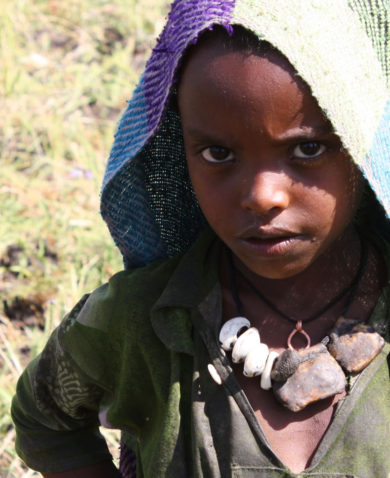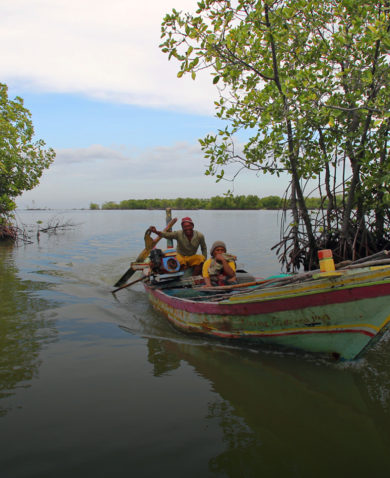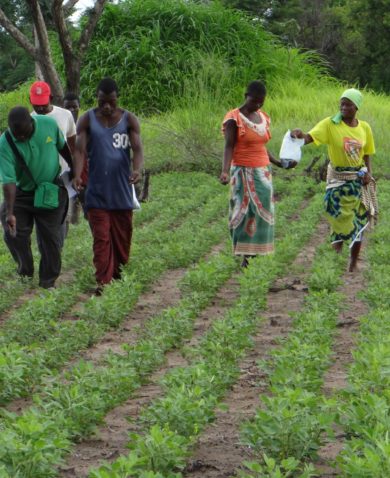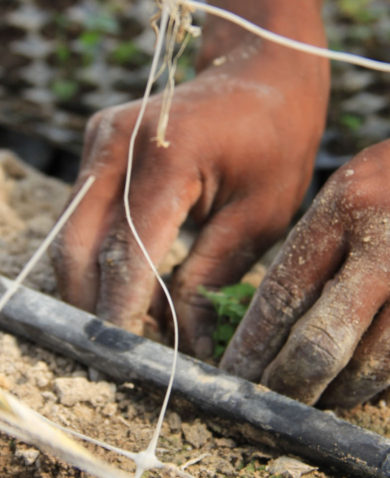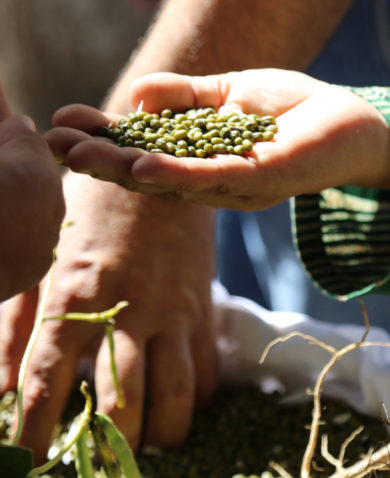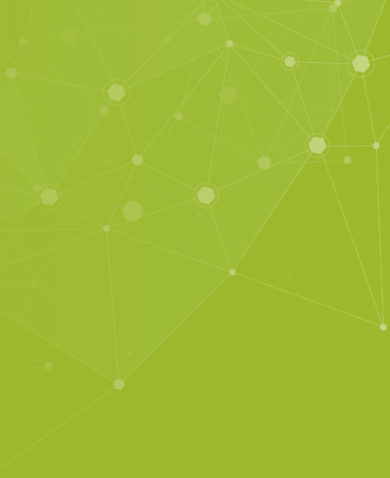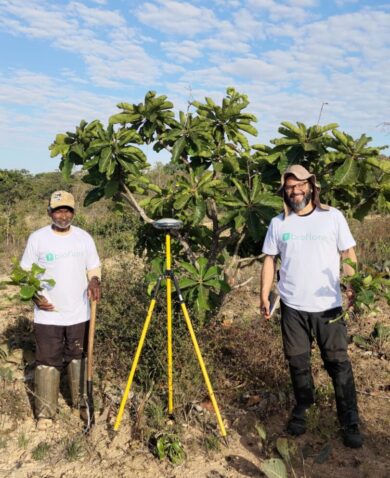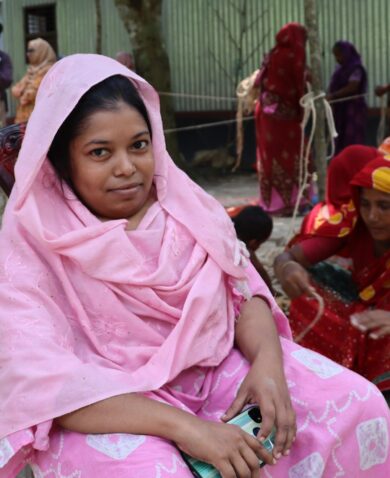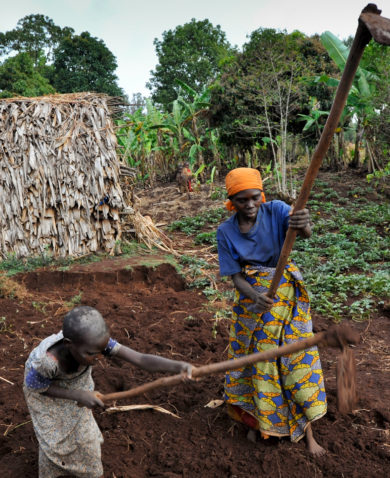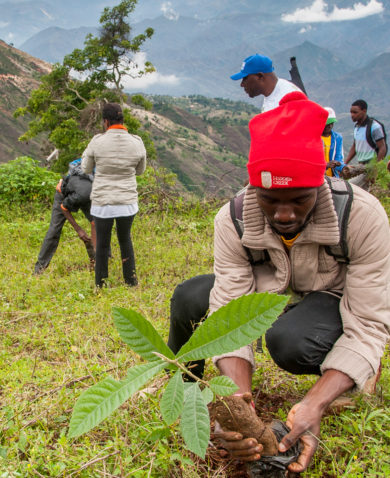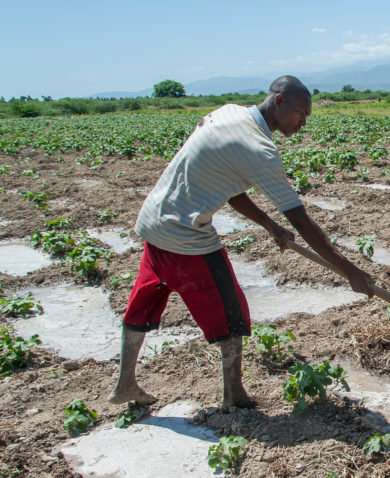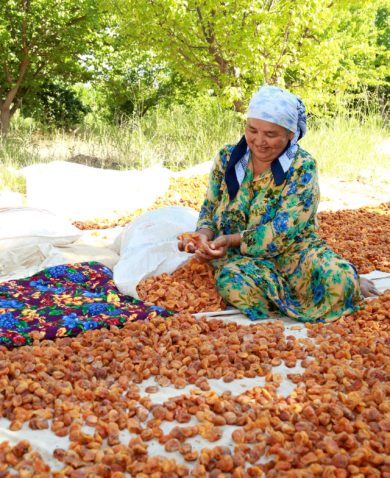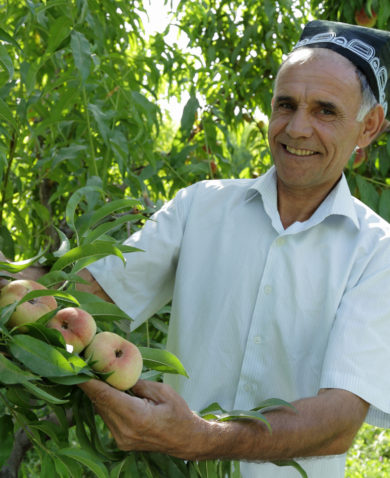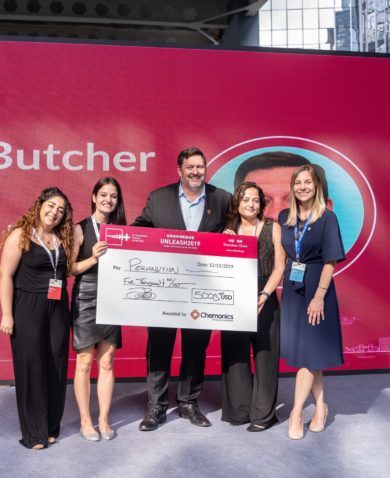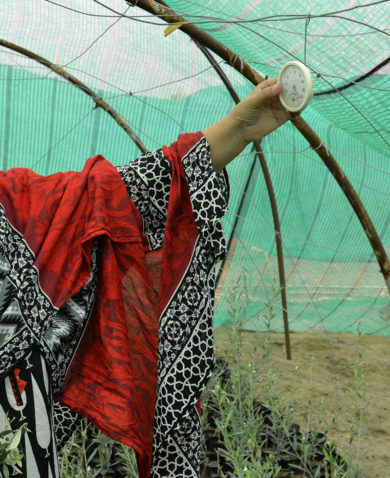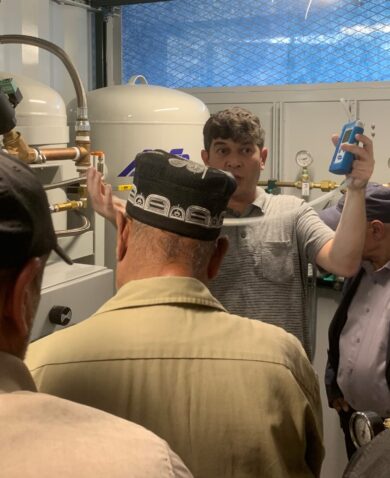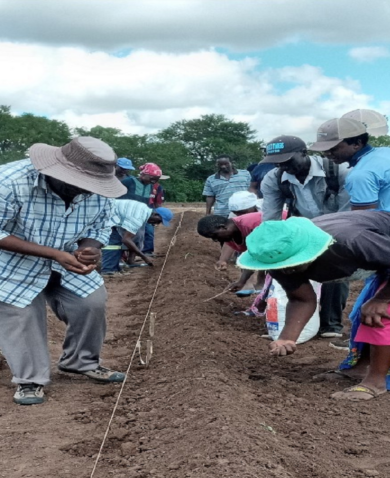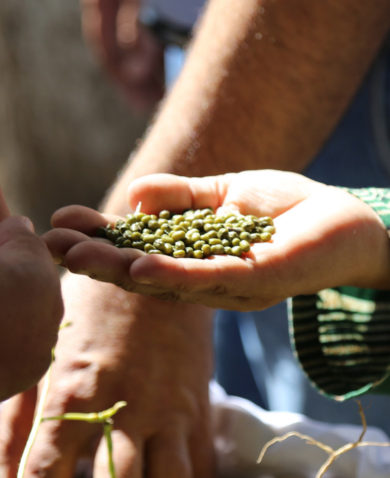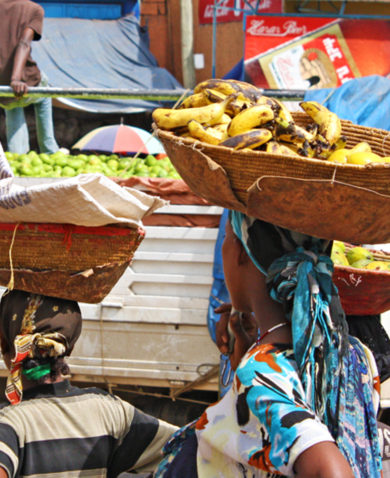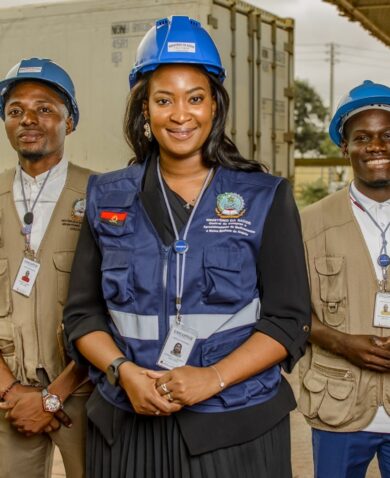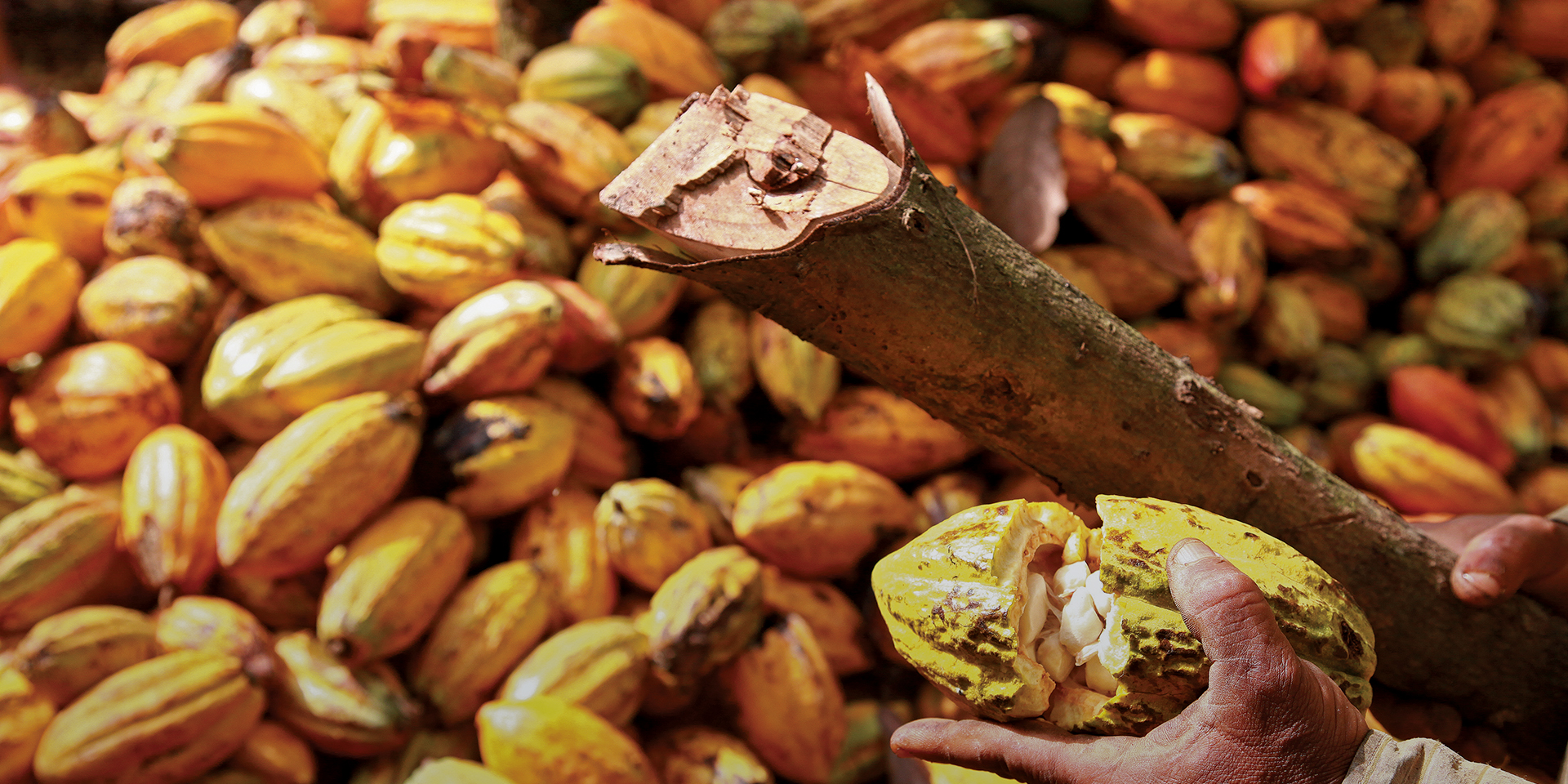
Chemonics News
News: Chemonics’ Senior Vice President Philip DeCosse Discusses Food Security and Resilience in Nigeria at CSIS Event
February 14, 2019 | 2 Minute ReadSenior Vice President Philip DeCosse represented Chemonics at Center for Strategic and International Studies’ event launching report on food and nutrition security in Nigeria.
On Wednesday, February 13, the Center for Strategic and International Studies (CSIS) hosted a panel discussion on U.S.-led global food security featuring Chemonics Senior Vice President Philip DeCosse. The event, sponsored by the Bill & Melinda Gates Foundation and hosted at CSIS headquarters in Washington, D.C., marked the launch of CSIS’s newest report: Risk and Resilience: Advancing Food and Nutrition Security in Nigeria through Feed the Future.
Mr. DeCosse joined three other technical experts on the panel — Adesoji Adelaja (John A. Hannah Distinguished Professor in Land Policy, Michigan State University; Global Fellow, Africa Program, Wilson Center), Dina Esposito (Vice President, Technical Leadership, Mercy Corps), Greg Collins (Deputy Assistant Administrator and Resilience Coordinator, Bureau for Food Security, USAID). The experts discussed the new Feed the Future strategy’s emphasis on resilience in Nigeria, which can help individuals, families, and communities withstand shocks and stresses related to conflicts, climate change, political disruption, and market fluctuations.
Panelists emphasized that U.S. leadership on food security is crucial for reducing global poverty and malnutrition. Although some U.S. government-funded projects — including the Chemonics-implemented USAID Maximizing Agricultural Revenue and Key Enterprises in Targeted Sites II (MARKETS II) project in Nigeria — show promise for resilience outcomes in Nigeria, panelists delved into the challenges and opportunities of extending the initiative to other fragile and conflict-affected countries.
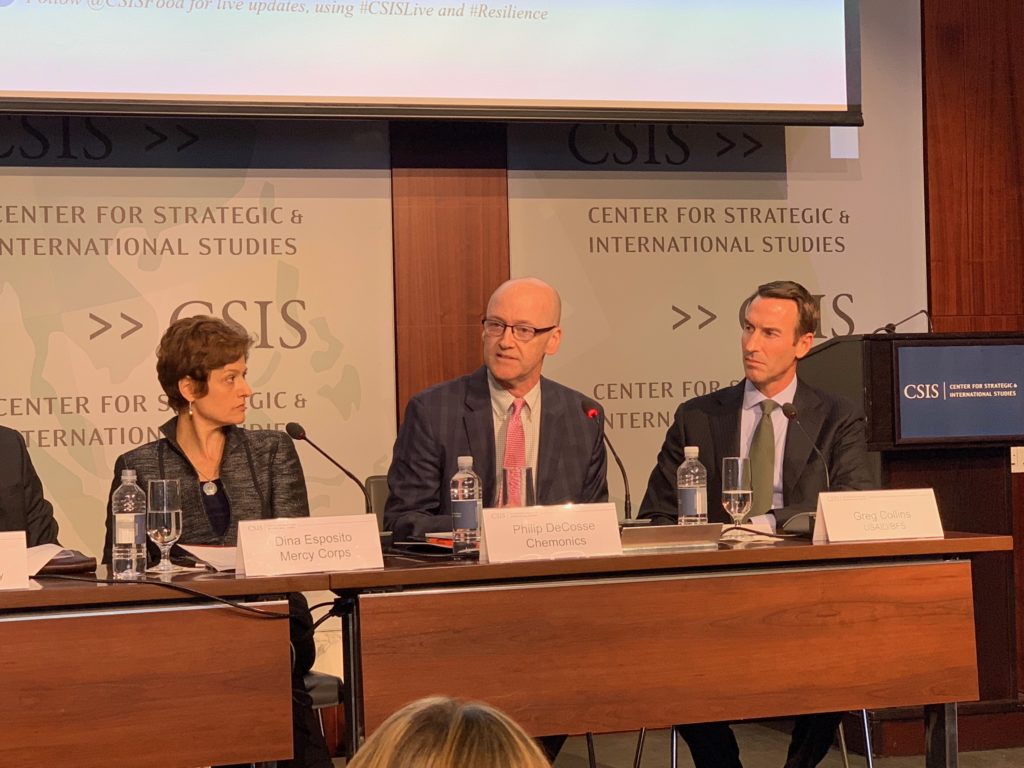
Mr. DeCosse shared insight on MARKETS II, a Feed the Future project, and what led to its success. “Public-private partnership were critical … to our ability to proceed [in a challenging environment] and critical to implementing changes that would [have] impact at a market systems level — not just [for] individual producers — because there was a certain amount of stability it provided and ability to negotiate at a governance level,” he explained.
Panelists concurred that resilient systems are critical in development programming. By bolstering resilient systems, jobs, incomes, and nutrition in the agricultural sector, development programs can conclusively counteract the root causes of fragility and conflict. By adapting successful resilience programming, implementers can open doors for inclusive agricultural development in more fragile environments, paving the way for sustainable outcomes across the globe.
The CSIS panel comes on the heels of Chemonics’ release of the USAID/Nigeria MARKETS II Ex-Post Study by Paul McNamara (Chemonics consultant), Ilisa Gertner, and Caryl Merten, with research assistance from Aliyu Samaila and Frank Onuah. The study examines the sustainability of the MARKETS II project in Nigeria, which helped farmers maximize yields, increase farm incomes, and respond to market demands, thereby reducing food insecurity and increasing resilience. The study helped inform the CSIS discussion — providing valuable insight about agribusiness sustainability practices from an implementation perspective.
Watch the recorded webcast of the CSIS event here.
Mr. DeCosse is a senior expert in agriculture and environment with 30 years of development experience. He currently serves as the senior vice president of Chemonics’ West and Central Africa and Haiti business unit and of the Agriculture and Food Security Practice.







